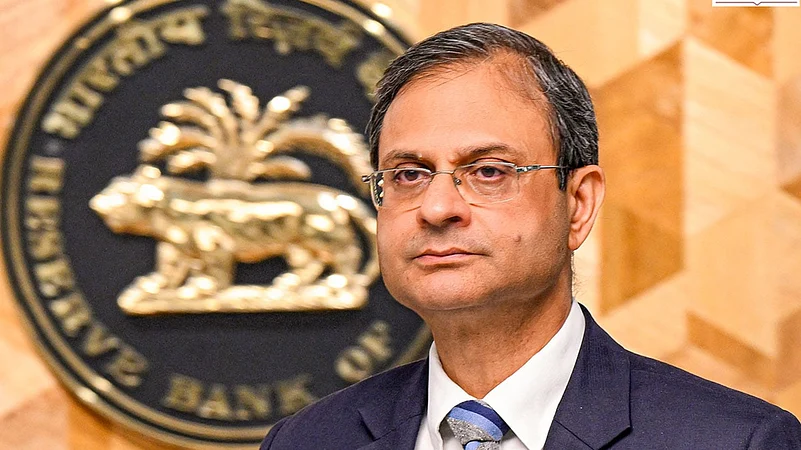
Summary of this article
Banks will decide minimum average balance rules.
Private banks charge penalties; public banks often waive them.
Customers should review their bank’s specific balance policies.
The Reserve Bank of India (RBI) has stated that the decision for minimum average balance (MAB) requirement in savings accounts is left to individual banks. RBI Governor Sanjay Malhotra expressed this on Monday, while speaking at a financial inclusion event held in Gujarat, stating that this issue is not controlled by the central bank directly.
Governor Malhotra mentioned that various banks have maintained varying MAB levels. Some fixed it at Rs 10,000, while others at Rs 2,000, and some banks even dropped the requirement altogether.
Private Banks Hike Minimum Balance Charges
Private sector banks have responded in divergent ways to MAB policies. ICICI Bank has announced a notification that new customers in metro and urban centers will be required to keep a minimum average balance of Rs 50,000 from August 1, 2025. The customers, if they do not keep this balance, will be charged a penalty that is 6 per cent of the deficiency or Rs 500, whichever is less.
Private banks usually charge penalties for failing to keep the minimum average balance, charging either the shortfall or Rs 500 per quarter, whichever is lower. Most private banks have also reduced the interest rates offered on savings accounts in recent times.
Public Sector Banks Eliminate Minimum Balance Penalties
However, some government-owned banks have withdrawn non-maintenance of minimum balance-related penalties. The first one to discontinue penalties for non-maintenance of minimum balance was the State Bank of India. As a follow-up, Punjab National Bank, Canara Bank, and Indian Bank have also scrapped these penalties over the past couple of months.
This step by public sector banks intends to promote financial inclusion by enabling customers to use banking services without fear of low balance penalties.
Varied Policies Across Banks
Private and public sector banks today have different minimum average balance rules and penalty terms. Private sector banks still impose penalties and a higher minimum amount in certain situations, whereas public sector banks are inclined towards dropping the penalty. The customer must go through their bank's individual policy to know which requirements and charges are applicable.
RBI has clarified that banks are free to determine minimum average balance requirements and attendant penalties. This has resulted in varying steps taken by banks, with some raising balance requirements and penalties, and others eliminating them.










